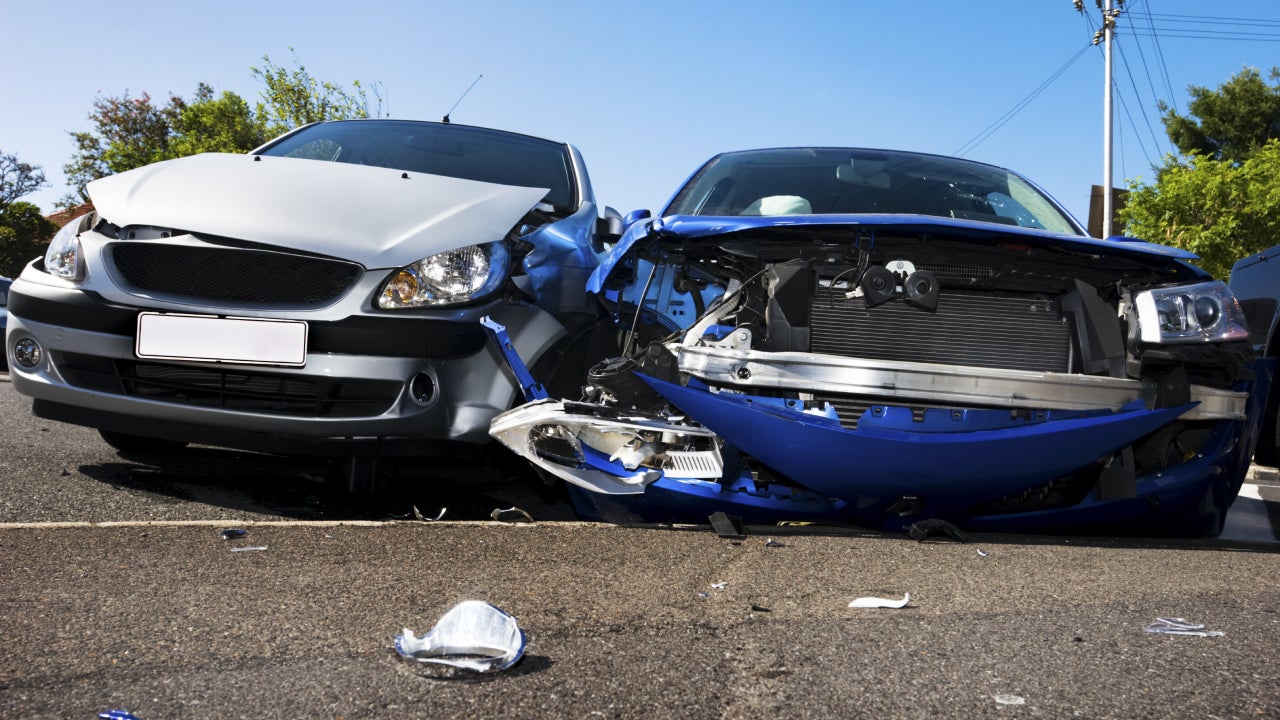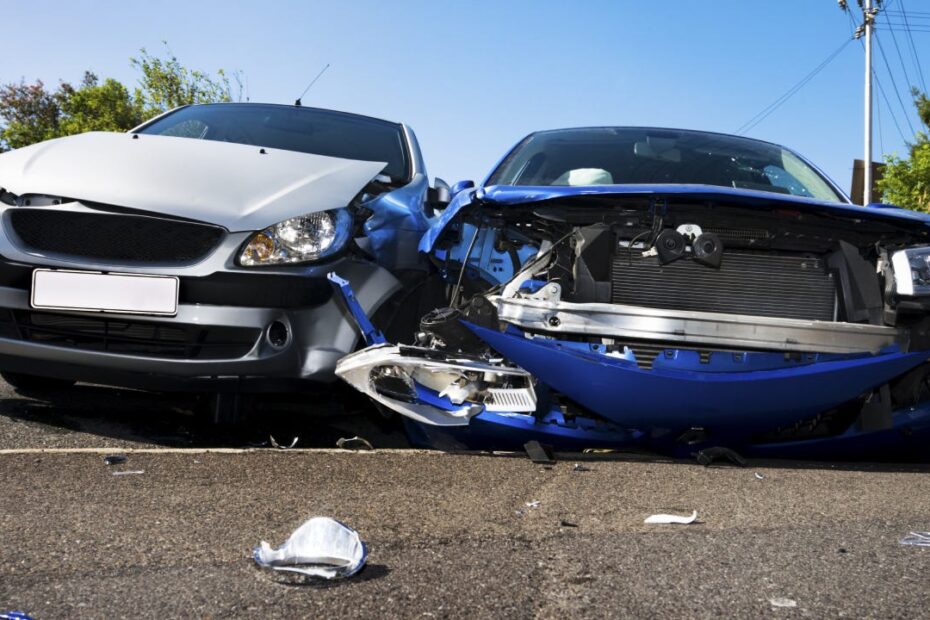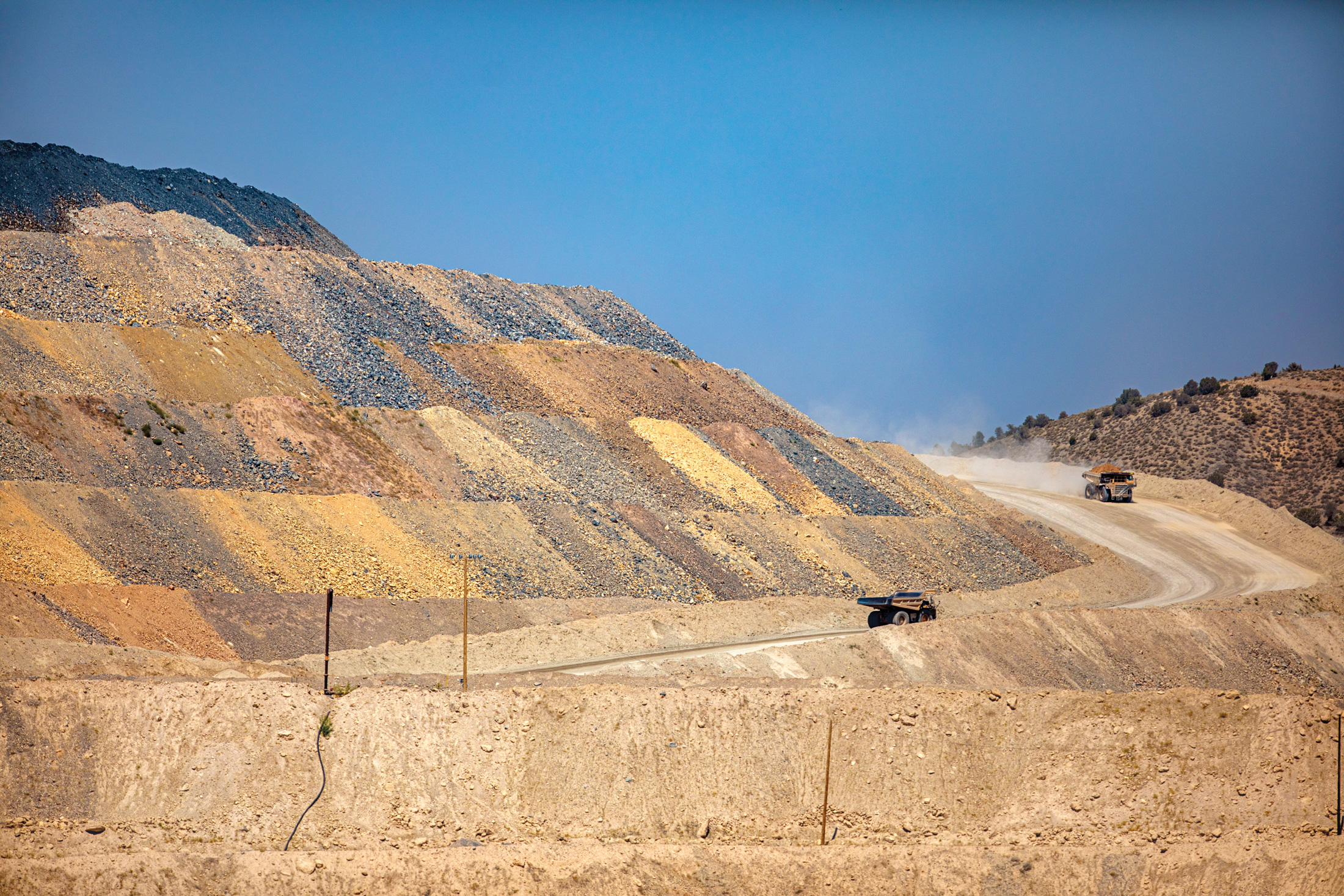Crashing a financed car without insurance will require you to personally pay for damages and potentially face lawsuits from other parties involved in the accident. You will also be responsible for paying the remaining balance owed on the vehicle.
Not having insurance on a financed car may violate your loan contract, allowing the lender to repossess the car or enforce force-placed insurance at a higher cost. It is essential to understand the financial repercussions and legal consequences of driving a financed car without insurance.
Consequences Of Crashing A Financed Car Without Insurance
Crashing a financed car without insurance can have serious consequences. If you are found at fault for the accident and cause injury or damage to other cars, you could be sued personally for damages. Additionally, you’ll be responsible for paying the remaining balance owed on the vehicle out of pocket, which can be financially disastrous.
When it comes to crashing a financed car without insurance, the consequences can be severe and far-reaching. From potential repossession by the lender to financial liability to other parties, let’s explore the various repercussions of this unfortunate situation.
If you crash a financed car without insurance, you may find yourself facing repossession by the lender. This means that the lender has the right to take back the car because you have violated the terms of your loan contract. Repossession not only leaves you without a vehicle but can also have a negative impact on your credit score, making it harder for you to secure future financing.
In some cases, instead of repossession, the lender may opt for force-placed insurance. This is an insurance policy that the lender purchases on your behalf to protect their investment. However, it’s important to note that force-placed insurance usually costs much more than coverage you would have obtained on your own. This added financial burden can create further strain on your already tight budget.
One of the significant consequences of crashing a financed car without insurance is the financial liability you may face towards other parties involved in the accident. If you are found to be at fault for the crash and cause injuries or damage to other vehicles, those injured parties could potentially sue you personally for damages. Without insurance coverage to protect you, you may have to pay for these damages out of your own pocket, leading to significant financial strain.
Crashing a financed car without insurance can have a detrimental impact on your credit. If repossession occurs or you are unable to cover the financial liabilities resulting from the accident, it can lead to missed payments and collections on your credit report. These negative marks can stay on your credit history for several years, making it challenging to secure favorable loan terms or even obtain credit in the future.
Even if your car is repossessed or you face significant financial liabilities due to the accident, you may still be responsible for the remaining balance on your loan. If the proceeds from the sale of the repossessed vehicle are not enough to cover the outstanding loan amount, you could be held accountable for the deficiency. This debt can become a burden and may lead to further financial difficulties.
In conclusion, crashing a financed car without insurance can have severe consequences. From the potential repossession of your vehicle and force-placed insurance to financial liability towards other parties and a negative impact on your credit, the aftermath of such an accident can be financially and emotionally challenging. It’s crucial to prioritize insurance coverage to protect yourself, your vehicle, and your financial future.

Credit: www.bankrate.com
Repossession By Lender
Crashing a financed car without insurance can have serious consequences. If you violate your loan contract by not having full-coverage insurance, the lender may repossess your car or opt for force-placed insurance, which is typically more expensive. Additionally, if you are at fault for the accident and cause damage to other cars or injuries, you might be personally sued for damages and have to pay out of pocket.
Violation Of Loan Contract
If you crash a financed car without insurance, you are likely to be in violation of your loan contract. This can have serious consequences and could potentially lead to the repossession of your vehicle by the lender. Most car loan contracts require borrowers to maintain full-coverage insurance, which includes collision and comprehensive coverage. Without insurance, you are leaving yourself and the lender exposed to financial risks in the event of an accident. When you crash a financed car without insurance, the lender has the right to repossess your vehicle. Repossession is the legal process where the lender takes back the car because of a violation of the loan agreement. In this case, the violation would be the failure to maintain insurance coverage as required by the loan contract. Repossession can happen without warning, and it can be a distressing experience for the borrower. Once the lender repossesses the car, they may sell it at auction to recoup some of the outstanding loan balance.Impact On Your Finances
Repossession can have severe financial implications for the borrower. Firstly, you will lose the car, which can be a significant inconvenience if you depend on it for transportation. Additionally, the lender may charge you repossession fees, storage fees, and other expenses related to the repossession process. These costs can add up quickly and further worsen your financial situation. Furthermore, the repossession will be noted on your credit report, adversely affecting your credit score and making it challenging to secure future loans or credit.Legal Consequences
Crashing a financed car without insurance can also have legal consequences. If you are found at fault for the accident and cause injuries or damage to other vehicles, the other parties involved may sue you personally for damages. Since you have no car insurance, you would be liable for paying these damages out of pocket. This can be financially devastating and may lead to lawsuits, wage garnishment, or even bankruptcy. It is important to understand the consequences of driving a financed car without insurance. Maintaining the required insurance coverage not only protects you but also ensures compliance with your loan agreement. Always prioritize your safety and financial security by having adequate insurance coverage for your financed vehicle.Force-placed Insurance
If you crash a financed car without insurance, you could be in breach of your loan contract, potentially leading to repossession. To protect their investment, the lender may opt for force-placed insurance, which tends to be more expensive than coverage you could find on your own.
Higher Costs And Coverage
Force-placed insurance is notorious for being significantly more expensive than the coverage you would typically obtain on your own. The lender will work with an insurance provider and set the terms of the policy, which often includes a much higher premium. This means that not only will you have to pay for the damages caused by the accident, but you may also have to bear the burden of inflated insurance costs. The coverage offered by force-placed insurance may also be limited, as it is primarily intended to protect the lender’s financial interests. Therefore, it’s essential to understand the terms and conditions of force-placed insurance before finding yourself in this situation.The Consequences
If you crash a financed car without insurance and are at fault for the accident, the consequences can be severe. The other parties involved may sue you personally for damages, and since you do not have car insurance, you may have to pay for the damages out of pocket. This can have a substantial financial impact and potentially leave you in a financially disastrous situation. Additionally, failing to maintain insurance on a financed car can violate your loan contract, giving the lender the right to repossess the vehicle. In some cases, they may opt for force-placed insurance as a way to protect their investment. In conclusion, crashing a financed car without insurance can lead to force-placed insurance, which often comes with higher costs and limited coverage. It’s crucial to prioritize having your own insurance on a financed vehicle to protect yourself financially and comply with the loan agreement. Remember, prevention is always the best policy when it comes to ensuring you’re adequately covered in case of an accident.
Credit: pl-law.com
Financial Liability To Other Parties
If you crash a financed car without insurance, you may be held personally liable for damages and injuries caused to other parties involved in the accident. This could result in significant financial consequences, including having to pay out of pocket for the remaining balance owed on the vehicle.
Potential Lawsuits And Damages
If you crash a financed car without insurance and are found to be at fault for the accident, causing injuries or damage to other cars, you could be facing potential lawsuits and significant financial damages. The other parties involved in the accident have the right to take legal action against you to seek compensation for their injuries and property damage. Without insurance, you would be personally liable for these damages and may have to pay out of your own pocket. This can be financially devastating, as the costs can quickly add up, including medical expenses, car repairs, and any other compensation deemed necessary by the court. Crashing a financed car without insurance can result in severe financial liability to other parties involved in the accident. Let’s take a closer look at the potential consequences that you may face if you find yourself in this unfortunate situation.Potential Lawsuits And Damages
If you cause injuries or damage to other cars, the affected parties have the right to sue you personally for damages. Without insurance, you would be responsible for these damages out of your own pocket. The cost of medical bills, car repairs, and any other compensation deemed necessary by the court can quickly escalate, becoming a significant financial burden.Legal Consequences And Court Judgments
If the case goes to court, and the other parties involved in the accident successfully sue you, the court may issue a judgment against you. This judgment can include significant financial penalties that you are legally obligated to pay. It’s essential to understand that these legal consequences can have long-lasting effects on your financial well-being. Furthermore, any outstanding judgments can negatively impact your credit score and future borrowing abilities.Force-placed Insurance And Higher Costs
In some cases, if you crash a financed car without insurance, the lender may choose to force-place insurance on the vehicle. Force-placed insurance is often more expensive than the coverage you could have secured on your own. This additional expense can add further strain to your already challenging financial situation.Repair Costs And Vehicle Repossession
If you crash a financed car without insurance, you may also face the possibility of vehicle repossession by the lender. If the lender determines that the financial risk of maintaining a financed car without insurance is too high, they may exercise their right to repossess the vehicle. This can leave you without transportation and with the additional financial burden of paying off the remaining balance owed on the car loan.Conclusion
Crashing a financed car without insurance can lead to significant financial liability to other parties, including potential lawsuits, court judgments, higher insurance costs if force-placed, and the risk of vehicle repossession. It’s crucial to prioritize insurance coverage to protect yourself and others from the financial consequences of an accident. Always consult with insurance professionals to ensure you have adequate coverage and comply with your loan agreement requirements.Impact On Credit
If you crash a financed car without insurance, it can have a significant impact on your credit. This is because insurance is not only protection for your vehicle, but it also acts as a safety net for lenders who have financed your car. Without insurance, you are violating the terms of your loan agreement and potentially putting yourself at risk for repossession and other negative consequences.
Possible Negative Effects
When you crash a financed car without insurance, several negative effects can occur, affecting your credit:
- Repossession: If you cannot pay for the damages out of pocket, your lender may decide to repossess your car. This means they will take back the vehicle, and it will be sold to recoup the remaining loan balance. This repossession will show up on your credit report and impact your credit score negatively.
- Force-Placed Insurance: In some cases, instead of repossession, your lender may decide to get force-placed insurance. This is insurance that the lender purchases on your behalf to protect their investment. However, force-placed insurance is usually much more expensive than regular insurance, and the cost will be added to your loan balance. This can lead to higher monthly payments and further financial strain.
- Legal Consequences: If the crash resulted in injuries or damages to other parties, they could potentially sue you personally for the damages. Without insurance coverage, you will be responsible for paying these damages out of pocket. This can lead to significant financial strain and potential legal consequences, such as wage garnishment or liens on your property.
In conclusion, crashing a financed car without insurance can have severe consequences for your credit. It is crucial to always have adequate insurance coverage to protect yourself and comply with the terms of your loan agreement. Remember, prevention is key to avoiding the financial and credit-related repercussions of an uninsured crash.
Responsibility For Remaining Balance
If you crash a financed car without insurance, you will be held responsible for paying the remaining balance owed on the vehicle. This can result in significant financial burden and potential legal consequences.
Paying The Remaining Amount
If you crash a financed car without insurance, you may still be responsible for paying the remaining balance on the car loan. The lender can hold you accountable for the full amount owed, even if the car is no longer drivable or has been totaled in the accident. This means that you could be on the hook for thousands of dollars, which can lead to significant financial strain.Options For Settling The Remaining Balance
When it comes to paying off the remaining amount on a financed car after an accident, you have a few potential options. Let’s take a look at these options below:- Pay the full amount: You could choose to pay the remaining balance in full upfront. This option may not be feasible for everyone, as it could require a significant sum of money.
- Negotiate with the lender: Another option is to negotiate with the lender to come up with a repayment plan that works for both parties. This may involve spreading out the remaining balance over a longer period of time or settling for a reduced amount.
- File for bankruptcy: In extreme cases where the remaining balance is astronomical and unaffordable, filing for bankruptcy may be an option. However, it’s important to note that bankruptcy can have severe long-term consequences and should be considered as a last resort.
Consequences Of Not Paying The Remaining Balance
If you fail to pay the remaining balance on a financed car after a crash, it can have serious repercussions. The lender may take legal action against you, which could result in wage garnishment, asset seizure, or a negative impact on your credit score. Additionally, the outstanding balance may continue to accrue interest, making it even more difficult to pay off in the future. Taking responsibility for the remaining balance on a financed car after an accident is crucial to protect your financial well-being. It’s important to explore all available options and seek professional advice if needed. Remember, driving without insurance is not only illegal but can also lead to significant financial consequences in the unfortunate event of an accident.:max_bytes(150000):strip_icc()/car-repair-following-insurance-claim-accident-527113_color-e5cd60eaed274db5b5e65c860183cd64.png)
Credit: www.thebalancemoney.com
Frequently Asked Questions On What Happens If You Crash A Financed Car Without Insurance
What Happens If I Cancel Insurance On A Financed Car?
If you cancel insurance on a financed car, it could violate your loan contract and the lender may repossess your car. They may also opt to get force-placed insurance, which can be more expensive than coverage you would find on your own.
What Happens If The Person At-fault In An Accident Has No Insurance In Tx?
If the person at-fault in an accident has no insurance in TX, they are still liable for paying for the damage they cause. The other driver involved in the accident is expected to pay for the damage to your car.
If you crash a financed car without insurance, you will be responsible for paying the remaining balance owed on the vehicle.
How Does A Totaled Car Affect My Credit?
If your car is totaled, it won’t directly impact your credit. However, if you still have loan payments, make sure to keep paying until the claim is settled to avoid negative credit effects.
Will Gap Insurance Pay Off My Loan?
Gap Insurance will pay off your loan if your car is totaled or stolen and you owe more than its depreciated value.
Conclusion
Crashing a financed car without insurance can have serious repercussions. If you are found at fault for the accident, the other parties involved could sue you personally for damages. This means you could be held responsible for paying for the damages out of pocket, which can be financially devastating.
Additionally, not having insurance on a financed car may violate the loan contract, allowing the lender to repossess the vehicle. It’s crucial to understand the consequences and risks before driving without proper insurance coverage.
- How to Test Ac Compressor Clutch: Mastering the Ultimate AC Diagnosis - May 17, 2024
- How Does Water Infiltrate a Jet Ski Engine? - May 17, 2024
- How to Master Code Reading with Autozone’s Reader: Unlock Your Car’s Secrets - May 17, 2024


